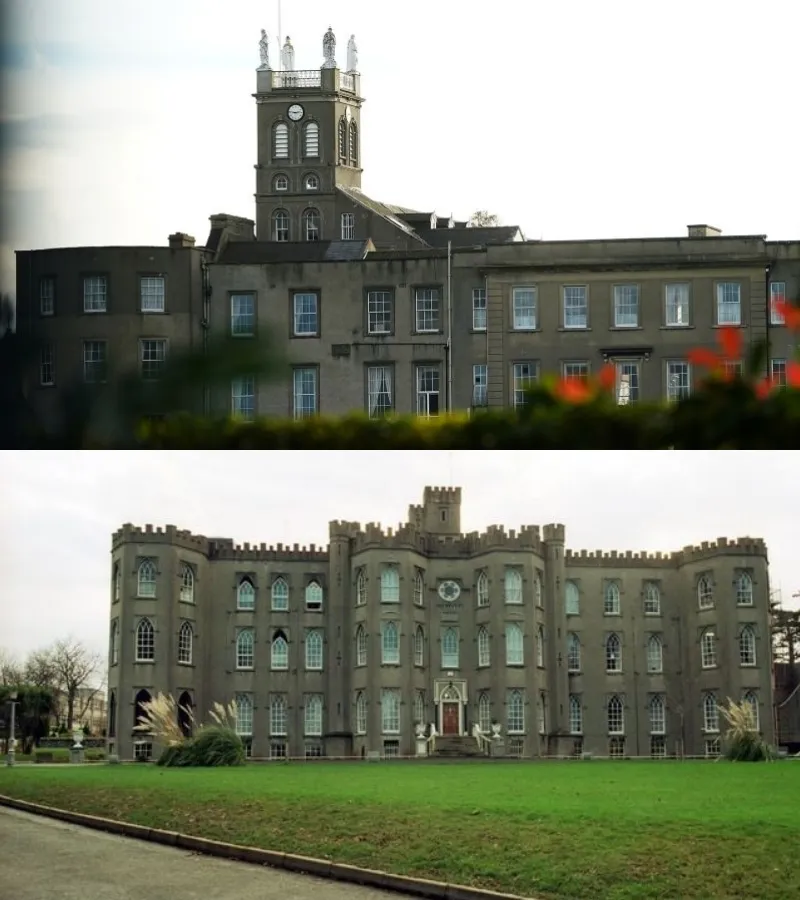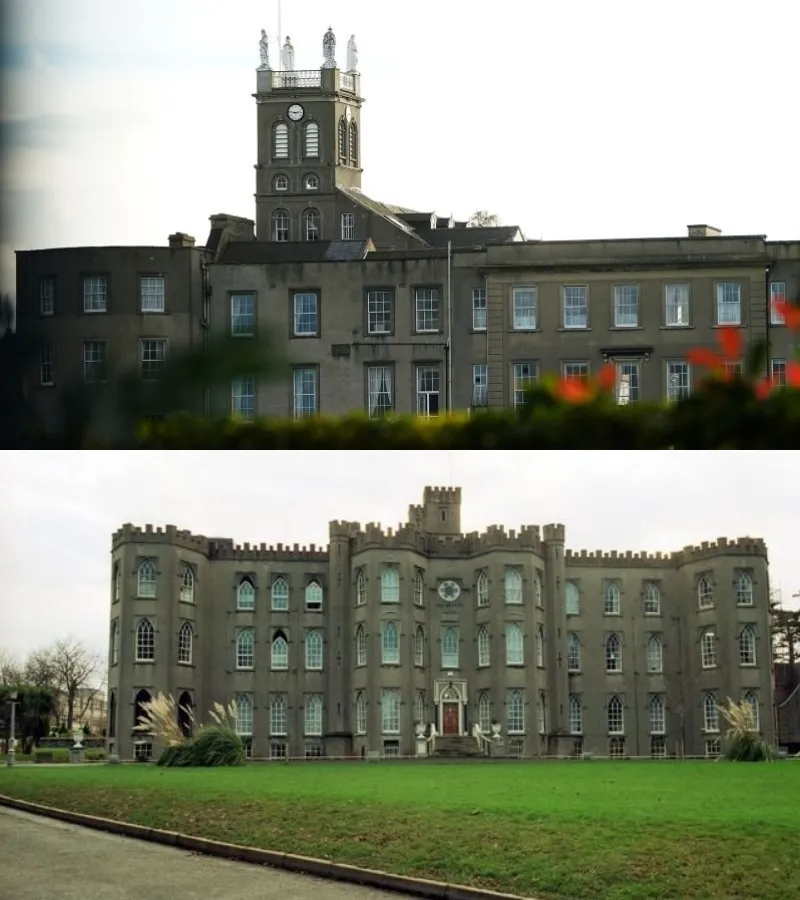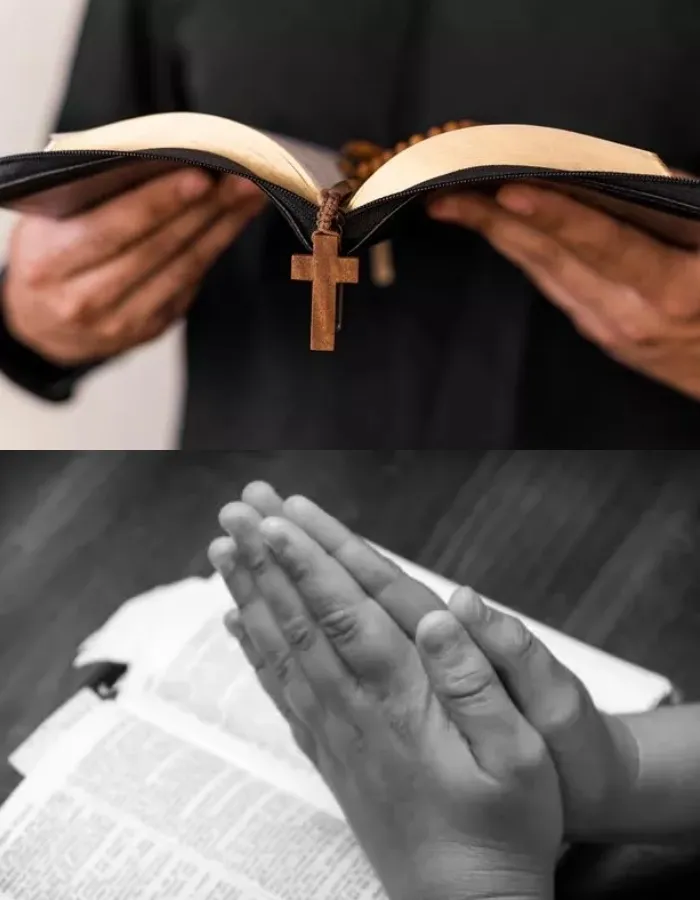
A new report has revealed nearly 2,400 allegations of child sexual abuse in Ireland’s religious-run schools, highlighting the latest grim chapter in the country’s troubled Church-State history. The report, released on Tuesday, documents 2,395 allegations of historical child sexual abuse involving 884 alleged abusers across 308 schools in Ireland.
Scale of Abuse and Details of the Report
Most of the allegations were drawn from the records of 42 religious orders that either currently run or previously managed schools in Ireland. The scope of these allegations spans from 1927 to 2013. According to the report, more than half of the accused men, including teachers and priests, have since passed away.

Ireland’s Minister for Education, Norma Foley, described the level of abuse detailed in the report as “truly shocking.” She referred to the document as a “harrowing account,” containing some of the most distressing testimonies of sexual abuse ever recorded in the country.
More than 140 survivors provided detailed testimonies for the report, recounting horrific incidents where they were molested, stripped naked, raped, and drugged in an environment characterized by “terror and silence.” The abuse was often “accompanied by ferocious violence,” according to the 700-page report.
Survivors’ Testimonies and Lasting Impact
Most of the survivors interviewed are men in their 50s, 60s, and 70s. Many shared that it was the first time they had spoken about the abuse, with several stating that their childhood “stopped the day the abuse started.” Some survivors believe the abuse was so widespread that it could not have gone unnoticed by senior leadership within the religious orders managing the schools. They further alleged that some leaders not only ignored the abuse but facilitated and participated in it.
There were also claims of a “cover-up” within the schools and collusion between the State and the Church. The report highlighted that many survivors felt that the Catholic Church’s influence permeated every aspect of their lives, leaving them with no one to turn to, not even their parents.

Deep-Rooted Church-State Entanglement
The Catholic Church has historically maintained a strong presence in Ireland, with nearly 90% of schools in the country still Catholic-run, despite a lower percentage of the population identifying with the religion today. A referendum in the 1970s curtailed the Church’s political power, but its influence remains evident in various civil society aspects.
The survivors detailed lifelong impacts of the abuse, including failed relationships, mental and physical health issues, addiction problems, and decisions to avoid having children or difficulties in parenting. Many survivors described distancing themselves from family and friends to escape memories of their traumatic childhoods. Some even avoided religious services or family events, such as funerals, due to the trauma they experienced in church settings.
Government Response and Future Actions
The Irish government initiated the investigation into sexual abuse at religious-run schools after a 2022 documentary aired by RTÉ, Ireland’s national broadcaster, uncovered systemic abuse at Blackrock College, a prestigious private school in Dublin. The report found that abuse was widespread across public and private schools, including 17 special education schools, which reported 590 allegations involving 190 alleged abusers.
Minister Foley announced that the Irish government would establish a commission to investigate the abuse further and create a redress scheme for the survivors. She emphasized that religious orders have a “moral obligation” to contribute to any future redress scheme.

Broader Context of Church-Run Institution Abuse
This latest report adds to a series of findings about abuse in Church-run institutions in Ireland. Earlier this year, the Mother and Baby Homes redress scheme opened for applications, following a 2021 report that revealed 9,000 babies and children died in 18 of Ireland’s mother and baby homes over eight decades. However, religious orders involved in running these homes have not committed to contributing to the compensation fund.
Similarly, the congregations responsible for managing Ireland’s Magdalene Laundries—workhouses where thousands of women and girls lived and worked without pay under harsh conditions—have also declined to contribute to a state redress scheme set up in 2013.
The report’s findings have reignited public outrage and calls for justice for the survivors of abuse in Ireland’s religious-run schools. The government’s planned investigation and redress efforts aim to address the deep wounds left by these historical abuses, but challenges remain in securing accountability and reparations from the religious institutions involved.






